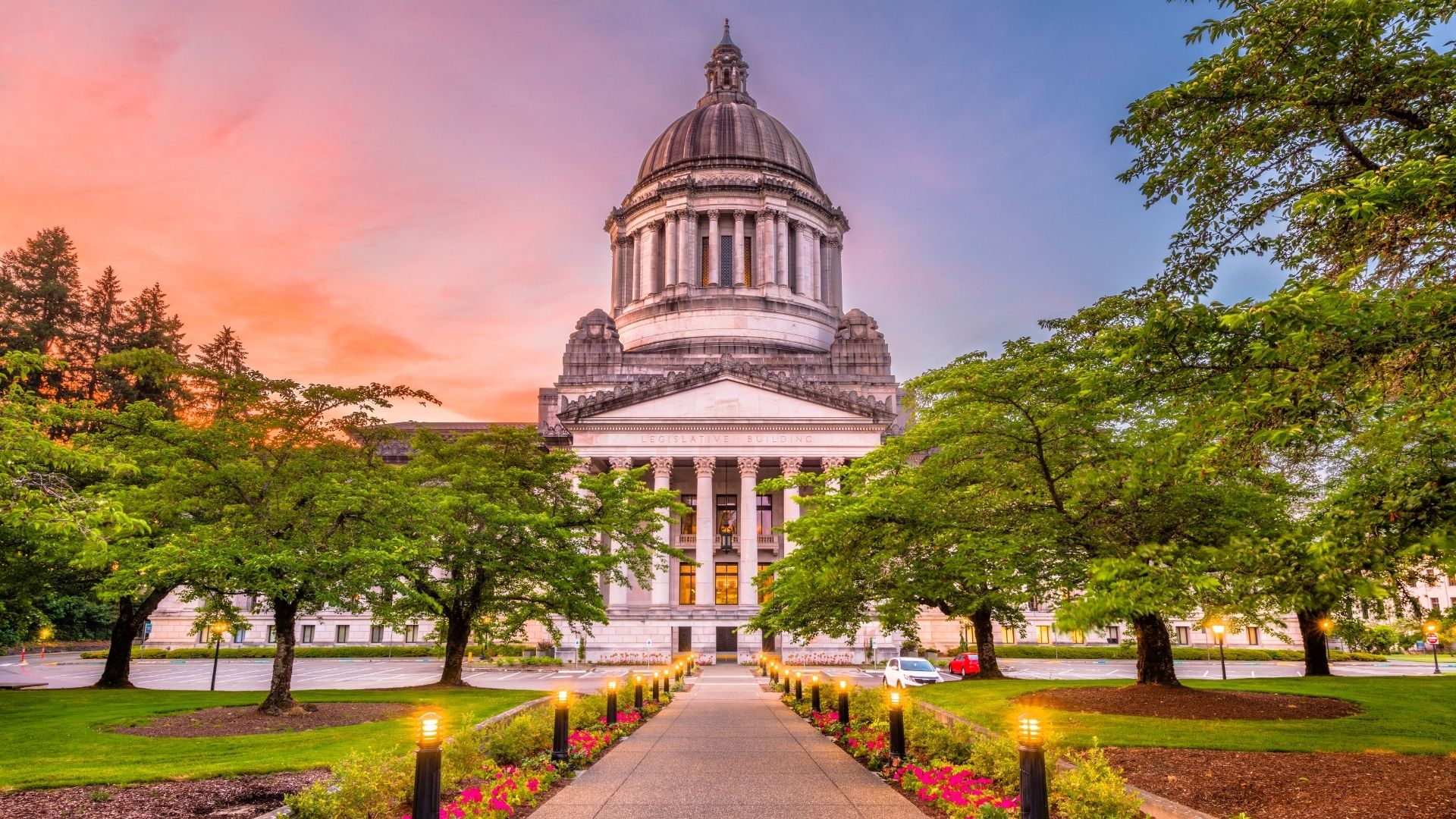Now midway through his 4-year term, Mayor Bruce Harrell highlighted accomplishments from the past year and offered clues on how he intends to address challenges that continue to confront the City.
The Mayor put his “One Seattle” approach on display in the speech, offering praise to Council President Sara Nelson and City Attorney Ann Davison, while finding opportunities throughout his address to tell each Councilmember how he looks forward to working with them. He also discussed the new expectations facing the City after the election of a new Council:
“With a new City Council, there is a new level of expectation for the City. We don’t run away from high expectations, in fact, we draw energy from them.”
The Mayor addressed lagging efforts to hire additional police by saying that he would review the Seattle Police Department’s recruitment policies. He also emphasized the need to hire police who reflect the values of the community. The Mayor added that he will soon be announcing plans for a $7 million “post-overdose” facility.
The Mayor was less clear on his plans to revitalize downtown. With the persistently-low return to offices by downtown workers stalling vitality there, the Mayor stated that he would not “fixate on trying to revive the old downtown — instead, we aimed to reimagine what a downtown could be.”
The Mayor focused on the conversion of storefronts to small businesses and transitioning some office buildings to housing. After lauding the impacts of the Major League Baseball All Star game and Taylor Swift (he mentioned that her one concert was literally a seismic event), the Mayor looked ahead to the 2026 FIFA World Cup (as he said, the equivalent of 3 Super Bowls) and the return of the Sonics (even though they would be playing at Climate Pledge Arena on the Seattle Center campus).
On the homelessness issue, the Mayor committed to continued review of the work of the Regional Homelessness Authority and the City’s funding contribution. He also took a jab at other communities in the County, saying that a “regional approach means that there is permanent supportive housing and services in every community in our region — not just in Seattle.”
On closing the City’s projected $226 million budget deficit in 2025, the Mayor did not offer specifics. He did signal his opposition to new taxes, however, declaring “the fact is that passing a new or expanded tax will not address the fundamental issues needed to close this gap in the long-run.”
Other big issues lie ahead in 2024, including revisions to the City’s Comprehensive Plan, which will guide housing growth, and a transportation levy. Clearly, the Mayor and new Council have a busy year ahead.
Watch Mayor Bruce Harrell’s full speech.


